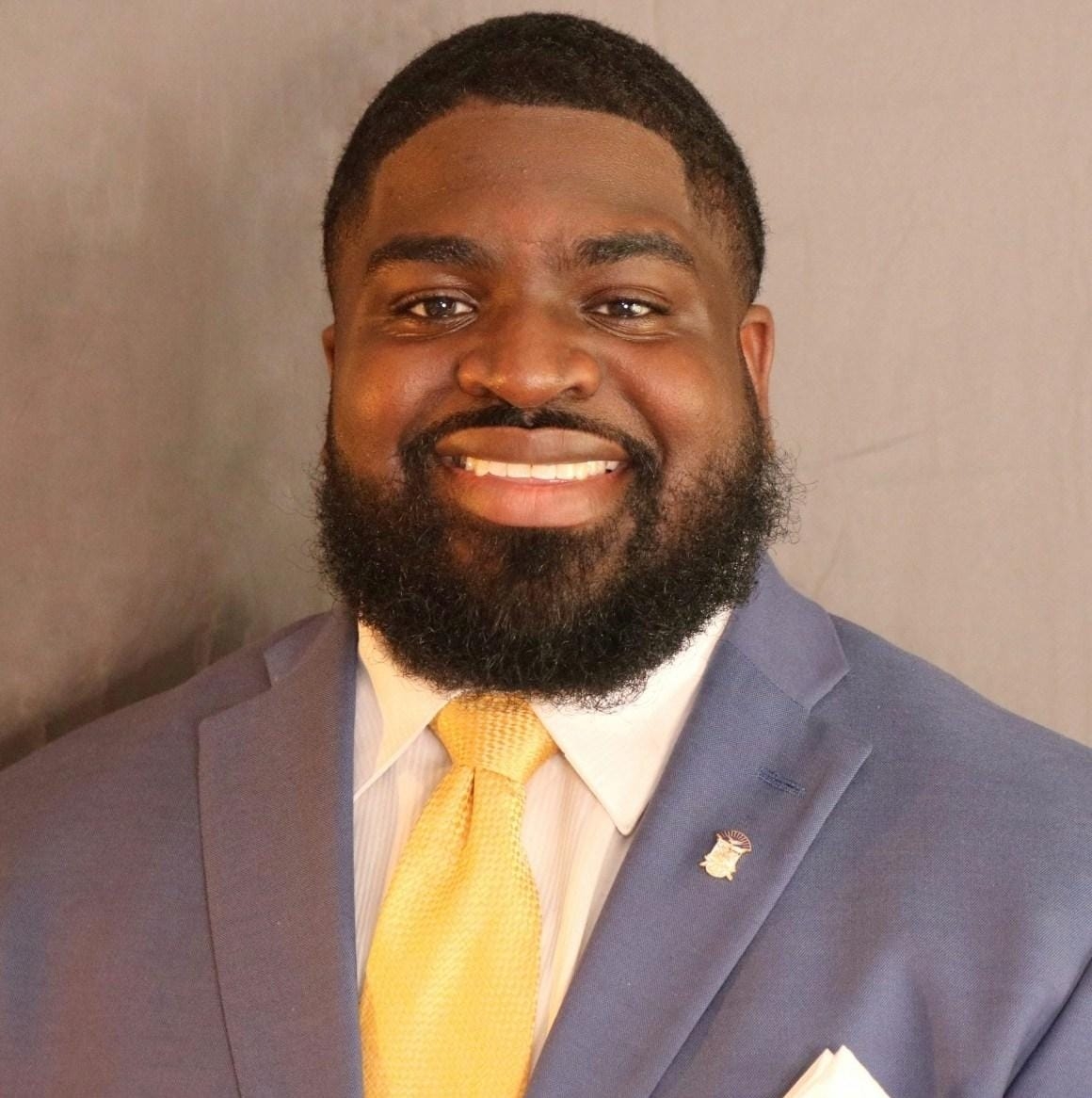
When your body doesn’t move right, nothing feels right. Pain, tightness, stiffness — they don’t just slow you down physically. They drain your energy, alter your posture, impact your performance, and make even simple tasks exhausting. At Mountain Movement Chiropractic & Natural Health, we’re here to change that.
Located just minutes from Greer, SC, we specialize in myofascial therapy that does more than relieve pain — it gets to the source of it.
Fascia — the connective tissue web surrounding every muscle, joint, and nerve — can become restricted by stress, injury, repetitive motion, or even poor posture. When it tightens, it traps tension, distorts movement, and confuses your nervous system.
That’s why we focus on fascial release, not just muscle massage or joint adjustments. Our approach combines precise hands-on therapy with functional movement testing, neuromuscular re-patterning, and expert guidance to help your body move the way it was designed to — efficiently, powerfully, and pain-free.
Whether you're a golfer in Greer looking to restore your swing, a runner trying to stay injury-free, or someone who just wants to feel good walking up the stairs again, we’re here to help you reconnect with your body and get back to life on your terms.
What Is Myofascial Therapy?
Fascia is one of the most important — and most overlooked — systems in the human body. It’s a three-dimensional web of connective tissue that surrounds, supports, and communicates with every muscle, joint, nerve, and organ. This tissue gives your body structure, transmits movement, and plays a vital role in both posture and performance.
When fascia is healthy, it’s smooth, elastic, and fluid — allowing your muscles and joints to move freely. But when it becomes restricted or dehydrated, everything changes.
What Causes Fascial Restrictions?
Fascia can become tight and dysfunctional due to:
- Repetitive movement or overuse (think sitting at a desk, running, or lifting)
- Physical trauma (car accidents, falls, or sports injuries)
- Post-surgical scarring or immobility
- Poor posture or body mechanics
- Emotional stress — yes, stress patterns show up in your tissue too
When fascia tightens, it binds surrounding structures, compresses nerves, alters joint alignment, and creates a cascade of compensation patterns that affect your entire body.
Common Symptoms of Fascial Dysfunction:
- Chronic or recurring muscle tension
- Limited range of motion
- “Stuck” or stiff feeling during movement
- Deep, aching discomfort that doesn’t respond to stretching
- Tingling or numbness in limbs
- Fatigue and sluggish movement
- Postural imbalances that worsen over time
Myofascial Therapy: Releasing the Root of Pain
Myofascial therapy is a specialized, hands-on treatment designed to locate and release these fascial restrictions. At Mountain Movement, we use sustained, gentle pressure and advanced muscle mapping to help the fascia let go — safely and effectively.
Myofascial release works with your body’s natural feedback systems to:
- Improve circulation and hydration in the tissues
- Restore mobility and flexibility
- Reduce pain and inflammation
- Support better neuromuscular control
- Help your body reconnect and move the way it was designed to
Our Myofascial Therapy Techniques
Manual Myofascial Release
This is the core of our fascia-focused care. Through slow, sustained, hands-on pressure, we decompress restricted fascia and release adhesions that may be pulling on joints or compressing nerves. Unlike traditional massage, this approach works with the tissue's natural feedback, helping it unwind tension without pain or force.
Trigger Point Therapy
Trigger points are hyperirritable spots within tight bands of muscle — often experienced as “knots” that refer pain to other areas. These points are frequently embedded within or surrounded by dysfunctional fascia. Our targeted pressure techniques deactivate trigger points, reduce referred pain, and restore muscle length and flexibility.
IASTM (Instrument-Assisted Soft Tissue Release)
Using specialized tools, we gently glide over the skin to detect and treat areas of fascial thickening, scar tissue, or fibrosis. This technique helps break up adhesions, improve circulation, and stimulate the healing process — especially useful in post-surgical or chronic injury cases where manual work alone isn’t enough.
Percussion Therapy
Percussion therapy uses vibration and rapid pulses to increase blood flow, reduce inflammation, and improve tissue hydration. It’s ideal for prepping muscles before active movement work, or for helping the body recover from strenuous activity or chronic strain. We often pair this with hands-on release for deeper results.
PNF Stretching & Trigenics
Proprioceptive Neuromuscular Facilitation (PNF) combines resisted stretching with neural feedback to increase flexibility and control. Trigenics uses specific reflex-based movements to “reset” the brain-body connection, allowing underactive muscles to fire properly again. Together, these methods help reprogram faulty movement patterns and keep fascial gains lasting long after treatment.
Who Can Benefit From Myofascial Therapy?
Active Adults with Nagging or Recurring Tension
You train hard, stretch regularly, maybe even get adjusted — but something still feels “off.” Fascia is often the missing link for those dealing with repeated shoulder tightness, hamstring pulls, or chronic hip and low back tension. Myofascial therapy helps unlock your full movement potential and prevents overuse breakdowns before they start.
Post-Injury or Post-Surgical Recovery Cases
Fascial adhesions and scar tissue often linger long after the initial healing phase, restricting movement and causing compensation patterns that lead to new problems. Our hands-on techniques gently restore tissue glide and reduce stiffness around joints, surgical sites, and previously injured areas.
Chronic Pain Sufferers Who’ve “Tried Everything”
If you’ve bounced between chiropractors, physical therapists, massage, or injections — and still haven’t found relief — it’s time to address the fascia. Many long-term pain conditions are rooted in deep fascial tension and poor neuromuscular control. We specialize in uncovering and releasing these hidden patterns.
Sedentary Professionals with Desk/Postural Strain
Sitting isn’t just uncomfortable — it rewires your body over time. Forward head posture, tight hips, stiff shoulders, and low back compression are all symptoms of fascial stagnation. Myofascial therapy helps desk-bound bodies reset, improve posture, and relieve the daily tension that builds up from modern work life.
Weekend Warriors & Recreational Athletes
You don’t have to be a pro to feel the impact of fascial restriction. Whether you're on the golf course, bike, mat, or trail — if you’re feeling stiff, slow, or out of sync, myofascial work can help restore fluid movement and reduce recovery time between activities.
Patients With Complex or Multi-Layered Pain Cases
If your pain doesn’t fit into a box — if it travels, flares, or overlaps multiple body regions — fascia is almost always involved. We use advanced assessments and a whole-body approach to unravel chronic compensation patterns and restore the body’s ability to move and self-correct.
Your First Visit: What to Expect
Movement IQ™ and Muscle Mapping
We start by evaluating your movement quality, muscle activation, and coordination. Our unique Movement IQ™ system identifies how well your body is moving as a whole — not just isolated parts. Using muscle mapping, we uncover which areas are underperforming and which ones are compensating.
Postural & Gait Analysis
Your posture tells a story — and so does how you walk, squat, and shift your weight. These subtle movement patterns reveal fascial tension, joint imbalances, and neuromuscular dysfunctions that may be contributing to your pain.
Your Pain History, Goals, and Health Profile
We take time to understand your journey: what you’ve tried, what’s helped (or not), your daily activities, and what success looks like for you. Whether you want to sleep better, lift pain-free, or get back to running, we tailor your care accordingly.
Tailored Hands-On Fascial Therapy
Based on your evaluation, we provide focused, gentle myofascial release techniques to begin unlocking restricted tissues and restoring natural movement. This isn’t aggressive or cookie-cutter — it’s precise, responsive therapy customized to your body’s current needs.
Home-Based Guidance to Continue Results
You’ll leave with a simple, actionable plan — including self-care stretches, breathing drills, or posture resets — that supports your healing between visits. We want you to feel confident and empowered, not dependent on endless sessions.
Get to the Root of Your Pain
Pain doesn’t just happen — it builds over time. And while stretching, massage, or rest might offer short-term relief, true healing comes from addressing what’s causing the dysfunction in the first place.
By targeting the fascia — the body’s structural and neurological support system — we help you unwind tension at its source, restore freedom in your movement, and reconnect to the way your body was meant to perform. This isn’t surface-level treatment. It’s deep, sustainable, and strategic care that leads to lasting results.
If you're in Greer, SC or the surrounding Upstate area, you don’t have to settle for pain management anymore. We’re just minutes away and ready to guide you through a proven path to relief.
At Mountain Movement, we’re here to help you move better, feel stronger, and live pain-free — with care that’s customized, compassionate, and fascia-focused.
Contact Information
Mountain Movement Chiropractic & Natural Health
📍 1901 Laurens Road, Suite E
Greenville, SC 29607
📞 (864) 448-2073
🌐 Book Online
We Treat the
Toughest Cases
We'd love to talk with you about yours. Ask us anything and we will get back to you with a detailed answer about your case.

